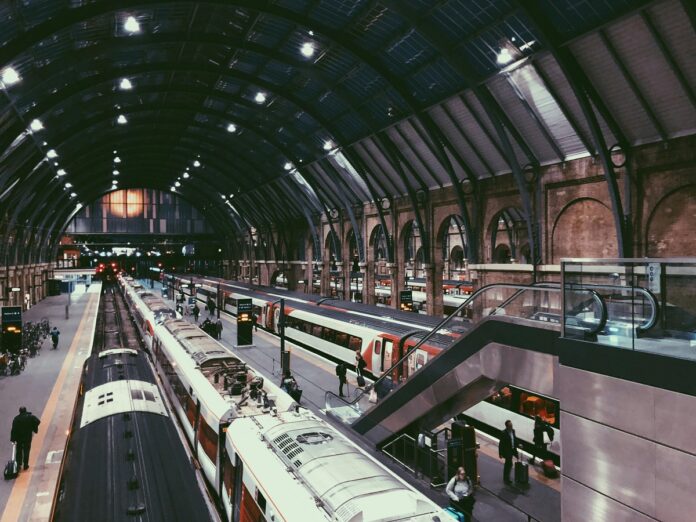The government has unveiled plans for a radical overhaul of Britain’s railways, including the creation of a powerful new passenger watchdog. The landmark bill aims to give passengers a stronger voice and hold train operators to account.
The centrepiece of this “once-in-a-generation” reform is the establishment of Great British Railways (GBR), a body that will bring track and train operations under a single umbrella. Ministers say this will deliver more reliable services and boost economic growth across the country.
A consultation launched this week outlines the proposals, which aim to address long-standing issues such as timetable chaos, complex fares, and poor performance. The government says the reforms will “smash a broken rail system” and put passengers at the heart of decision-making.
The new independent watchdog will be tasked with championing passenger rights. It will address common complaints, ensuring clear travel information and tackling the complex ticketing system. The watchdog will have the power to hold operators accountable, arbitrate complaints, and set clear standards for passenger services. It will also be able to refer persistent problems to the rail regulator for enforcement action.
Transport Secretary, Heidi Alexander, said: “Passengers have put up with broken railways for far too long. This landmark reform will sweep away decades of failure, creating a Great British Railways passengers can rely on.
“We’re giving passengers a powerful voice with a new watchdog dedicated to addressing their biggest concerns, building railways people can trust, improving our services and boosting the economy in the process – the priority in our Plan for Change.”
The government’s plan emphasises collaboration with the private sector to drive investment and innovation. This includes billions of pounds for the supply chain and a long-term rail strategy, including a plan for rolling stock. Open access services will continue where they benefit passengers and the economy.
Laura Shoaf, Chair of Shadow Great British Railways, said: “GBR will fundamentally change our railways, delivering growth, connections and opportunities across the country.
“The plans set out today will mean a better railway for everyone that uses it, allowing industry to work closer together, putting passengers and customers first and providing better value for money for taxpayers.”
Devolved leaders will also have a greater say on local services. Andy Burnham, Mayor of Greater Manchester, welcomed the opportunity to overhaul the railways, calling for simpler fares and more reliable trains. He highlighted ongoing work in Greater Manchester to integrate transport networks.
He said; “This is a once-in-a-generation opportunity to overhaul how the railways are run – creating a service that puts passengers first, with more reliable trains and simpler fares and tickets.
“In Greater Manchester things are already changing. We’re working in partnership with the government and the rail industry on plans for the next phase of the Bee Network, to join up our trains, buses, trams and active travel routes, moving from a fragmented system to one that is more accountable to our residents. We look forward to helping shape the bill, with a statutory role for Mayors and city regions in making the railways work for everyone.”
North East Mayor, Kim McGuinness, echoed calls for a more reliable and joined-up rail service, adding that the North East is ready to make the most of the reforms. She said: “Passengers are crying out for a rail service that works for them. We need our train services to be joined up and much more reliable – helping more people get to where they need to be for the right price.
“The North East is poised to make the most of the opportunity that rail reform presents to transform the network. Our recent North East Local Transport Plan public consultation shows most people want an integrated network and that’s what I will deliver in North East England. We are already taking steps to integrate rail ticketing in our region with the Metro system but we are ready to do so much more.”
The government is already working on simplifying fares and modernising ticketing, including expanding “Pay As You Go” ticketing. The Public Ownership Act, passed last year, is also expected to improve reliability and boost economic growth.
A railway fit for Britain’s future consultation started this week and will last for 8 weeks.




